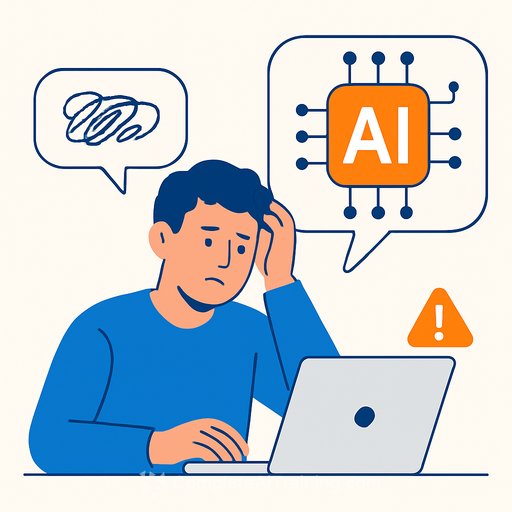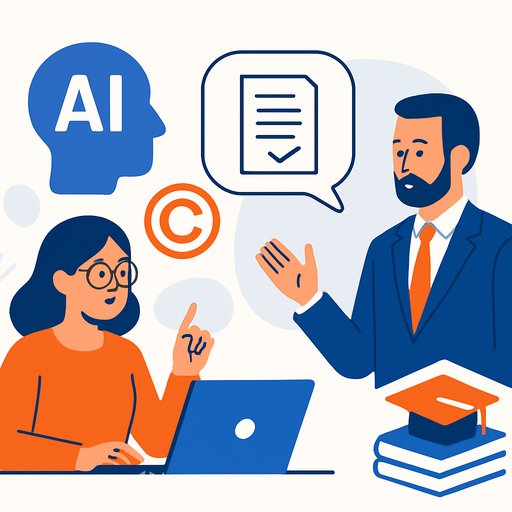Deloitte to Refund Part of AU$440k Fee After AI Errors in Government Report
Deloitte Australia will partially refund the AU$440,000 (NZ$499,000) it was paid for a government report that included apparent AI-generated mistakes. The document featured a fabricated quote from a federal court judgment and citations to academic papers that don't exist.
The 237-page report, delivered to the Department of Employment and Workplace Relations, was revised after a Sydney University researcher, Chris Rudge, flagged "fabricated references." The department said Deloitte reviewed the report and confirmed some footnotes and references were incorrect. Deloitte agreed to repay the final installment under its contract; the amount will be made public after the refund is processed.
The report examined automated penalties in Australia's welfare system. The department said the report's "substance" and recommendations stand. The revised version disclosed that Azure OpenAI was used in drafting, removed quotes attributed to a federal court judge, and scrubbed references to nonexistent works.
Rudge said he found up to 20 errors, including a claim that Sydney University professor Lisa Burton Crawford wrote a book that does not exist. "They've totally misquoted a court case then made up a quotation from a judge," he said, noting that misstating the law in an audit of legal compliance is a serious failure.
Senator Barbara Pocock argued Deloitte should refund the full AU$440,000, saying the firm "misused AI" with errors that would get a first-year student "in deep trouble." Deloitte said the matter was resolved with the client.
Why this matters for writers
- Your credibility is your asset. AI hallucinations can slip into drafts as false quotes, invented sources, or misattributed claims.
- Legal and brand risk rises with legal topics, health, finance, or government work. A single fake citation can break trust with editors and clients.
- Disclosure isn't optional on sensitive work. If AI helps produce copy, clients may expect clarity on how it was used and how facts were checked.
A fast source-check workflow you can use today
- Extract claims: list every fact, quote, stat, case name, and title used in your draft.
- Trace to primary sources: court judgments, government sites, official reports, or the author's own publication page. Don't settle for summaries.
- Validate quotes word-for-word against the original document. If you can't find the exact phrasing, remove or reframe.
- Check citations: confirm existence, author names, titles, dates, and URLs. Flag anything you can't verify in two independent places.
- Run a final "unknowns" pass: search for claimed books or papers by title and author. No result from reputable catalogs? Treat as false.
Safer AI writing practices (that still save time)
- Use AI for structure, outlines, and language polishing; use humans for facts, quotes, and legal points.
- Prompt guardrail: ask the model to provide only sources with live URLs and to answer "uncertain" when it can't verify. Delete anything without a solid source.
- Keep an audit log: note every key claim with its primary source link. Share it with clients for transparency.
- Add a simple disclosure when relevant: "Drafting assistance was used. All facts and citations were human-verified."
- Do a second-model or human edit pass focused only on facts, citations, and names. Treat it as a separate checklist, not a readthrough.
Prompts you can copy
- "List every factual claim, quote, statistic, and citation in this draft. For each, provide the primary source URL or mark as 'uncertain.' Do not fabricate."
- "Suggest reputable primary sources for these points. Prefer court judgments, government reports, and peer-reviewed work."
Relevant resources
- Azure OpenAI overview (the system disclosed in the revised report)
- AI tools for copywriting: vetted picks for writers who want speed without sacrificing accuracy
Bottom line for writers
AI can help you write faster, but it won't protect your reputation. Build a verification layer you follow every time, especially on legal, policy, or technical topics. Your byline-and your clients-depend on it.
Your membership also unlocks:






